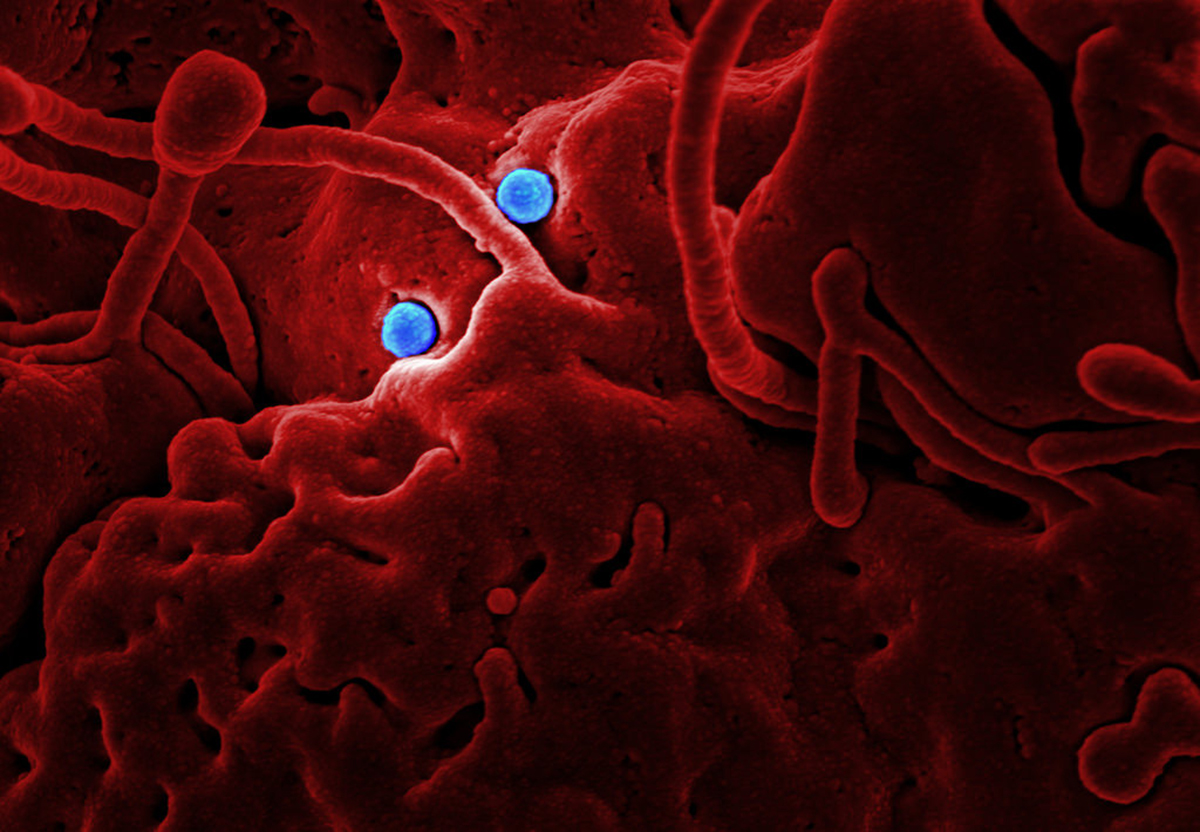Table of Contents
The virus is detected through a reverse transcriptase polymerase chain reaction or PCR test. On June 5th, 2013, the United States Food and Drug Administration issued an emergency use authorization for the CDC Novel Coronavirus 2012 Real-time RT-PCR Assay. This type of diagnostic test used to be known as the novel coronavirus 2012 or NCV-2012, and is used in people with signs and symptoms of MERS or those who have certain risk factors. The PCR test is done using a secretion of respiratory sputum or blood.

The CDC is the body that confirms a positive diagnosis of the disease. Other tests that can be ordered by a physician include a chest X-ray, complete blood count and a CT scan.
Treatment
Because the MERS virus is caused by a virus that mimics SARS, managing the disease has been extrapolated from the protocols of the 2002 SARS outbreak and some extremely limited experimental information. Much like SARS, people who have contracted MERS often need oxygen supplementation and in more severe cases, intubation and mechanical ventilation is necessary.
To date there has been no drug designed to treat this virus. Several medications have been tried in the treatment of MERS, but further research must be done. Managing the individual with MERS will depend on the person’s medical condition and it may require the assistance of infectious disease, pulmonary and critical care specialists.
Prevention
Fortunately, the MERS virus does not appear to spread with ease or very quickly from person to person like the SARS virus does. People who travel to the Arabian Peninsula and the outer areas may protect themselves against the disease by taking care to prohibit the spreading of germs. It is important to engage in frequent hand washing using warm, soapy water, or alcohol hand sanitizer, avoiding close contact with people who are sick and avoiding touching one’s mouth, nose or eyes can help prevent spreading germs. People who work in a caregiver role should wear a face mask when providing direct medical care and perform frequent hand washing.
Is There A MERS Vaccine?
In June of 2013, a vaccine company called Novavax announced they produced a vaccine against the MERS virus. However, as of this writing, the vaccine has not yet been approved by the United States Food and Drug Administration and it is not yet available on a commercial basis.
What Is The CDC Doing About MERS?
The Centers for Disease Control works around the clock to protect the health of everyone. It is their job to be concerned and move with expediency when there is a threat to the public’s health. The organization continues to monitor the situation involving MERS globally. Working with the World Health Organization, the CDC strives to provide a better understanding of the virus, how it is spread, the source and the risk it brings to people everywhere.
- Improving the way MERS data is collected.
- Increasing lab testing in states to detect the disease.
- Developing guidance and tools for health departments to conduct investigations when the virus is suspected or confirmed.
- Providing recommendations about health care infection control methods in order to prevent the disease from spreading.
- Providing guidance for flight crews, emergency medical services and customs and border patrol agents about reporting sick travelers to the Centers for Disease Control.
- Disseminating important up-to-date information about MERS to the public, international travelers and public health entities.
- Using advanced detection methods for screening.
See Also: First US MERS Case: Should You Be Scared?
Prognosis
Recently, scientists have found natural human antibodies to the MERS virus. They say the discovery of these antibodies is an important step towards developing treatments for the fatal disease. MERS is a concern of international level and currently there is no cure or vaccine. However, in studies published in two leading medical journals, scientists from China, Hong Kong and the US said they had located several neutralizing antibodies that were able to prevent the virus from attaching to human cells. While this new information is promising, more study and research is needed in order to better understand this deadly disease and how it is transmitted.
- www.cdc.gov/coronavirus/mers/faq.html
- www.cdc.gov/coronavirus/mers/
- www.who.int/csr/disease/coronavirus_infections/faq/en/
- www.cdph.ca.gov/programs/immunize/Pages/MERS-CoV.aspx
- www.ritm.gov.ph/Announcements/DIAGNOSIS%20OF%20MERS%20CoV.pdf
- http://english.alarabiya.net/en/News/middle-east/2014/04/29/Scientists-find-MERS-virus-antibodies-that-may-lead-to-treatments.htmlPhoto courtesy of Wootang1 via Flickr: www.flickr.com/photos/mckln/3548473017
- Photo courtesy of NIAID via Flickr: www.flickr.com/photos/niaid/14855762960


Your thoughts on this